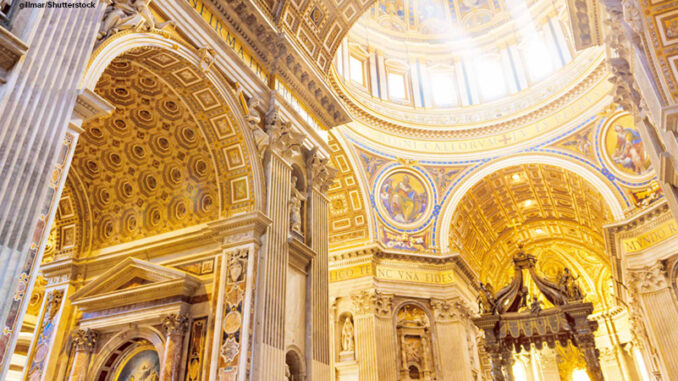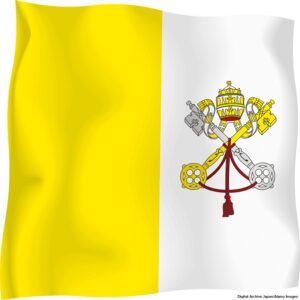
On May 8, 2025, the College of Cardinals chose the 267th pope to lead the Roman Catholic Church–about 1.4 billion Catholics around the world. The new pope chose the name Leo XIV. (XIV is fourteen in Roman numerals.) But before he was Pope Leo, he was Robert Francis Prevost, an American from Chicago with strong ties to Peru and Latin America. Come along with btw as we get to know the new pope!
An American Pope?
Never in history has there been an American pope. But just calling Pope Leo an American doesn’t fully do justice to his life and experiences. While he was born in Chicago, he has only spent about a third of his life in the United States.
Before he was chosen as the newest pope, Robert Prevost lived for about twenty years in Peru, working as a missionary. He also has Peruvian citizenship and led a church there for decades. He has also spent several years living at the Vatican (in Italy), where he was appointed by the previous pope, Francis, to his administrative role.
As a result of his life and experiences, Pope Leo is multilingual. In his first papal speech, he spoke mostly in Italian, then gave a special greeting to the people of Peru in Spanish. He did not speak English at all, despite being fluent in all three languages.
Who is Robert Prevost?
Prevost, 69, was born in Chicago, Illinois in 1955. His parents were Spanish and French-Italian, and he grew up in a community of immigrants. He received his undergraduate mathematics degree from Villanova University in Pennsylvania. He then joined the Augustinian religious order and earned a degree in theology from the Catholic Theological Union in Chicago. Later, he moved to Rome, Italy to earn a doctorate in theology at the Pontifical Saint Thomas Aquinas University.
In addition to his extensive missionary work in Peru, Prevost also served as a pastor, bishop, and archbishop. He taught a wide variety of subjects in many places, in English, Spanish, and Italian. In recent years, his work at the Vatican has been to select bishops and to do missionary work. He also served as a top advisor to the previous Catholic Church leader, Pope Francis.
What to Expect from the New Pope

While popes do not have any official political power, they serve as a “moral compass” for Catholics around the world. The position that popes take on social and political issues can have great influence. Pope Francis was known for his sympathy for vulnerable populations, such as refugees, immigrants, and the poor.
It’s too soon to predict what positions Pope Leo will take on religious and social issues, but experts believe that his closeness with Pope Francis means that he will have similar philosophies. Because so much of his life has been spent in (and devoted to) Latin America, particularly Peru, he may champion issues that impact people there.
And the fact that he selected the name Leo could also provide a clue. The last pope who used the name, Pope Leo XIII, had a legacy of social justice and a commitment to workers’ rights and immigration. (Leo XIII was pope from 1878 to 1903.)
The current Pope Leo has spoken about the critical nature of climate change and has advocated for taking concrete actions such as installing solar panels at the Vatican. Finally, he supported Pope Francis’ decision to promote women to leadership roles within the Catholic Church.
However, some of his words have shown that he will likely be more conservative on some social issues than the previous pope was. He has continued the Catholic Church’s doctrine that the sacrament of marriage is only between one man and one woman. He also has been criticized in the past, as have many Catholic leaders, for not doing enough about sexual abuse within the Catholic Church.
